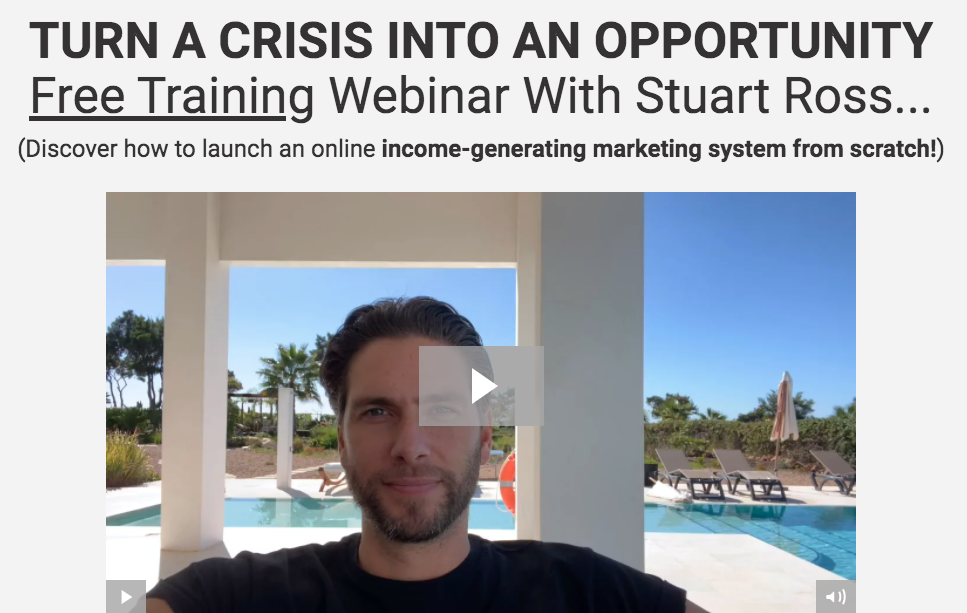What exactly is an entrepreneurial mind frame? Why are entrepreneurs so different to employees and what sets them apart? There’s a huge amount needed for a mindset shift from employee to entrepreneur. An employee works within an organisation as one of its constituent parts. An entrepreneur, on the other hand, often works to drive a company and is more of a visionary than the employee.

An employee doesn’t take financial risks and instead trades their time for money. (Arguably this is a greater risk, given the finite nature of our time!) An entrepreneur risks all often because of their vision, drive and purpose. So what does it take to build the entrepreneurial mind frame, and can anyone do it? Most people don’t want to be entrepreneurs.
Sure, they want the freedom and the money, but most aren’t prepared to take the risks and do the things which entrepreneurs are prepared to do. So, ultimately entrepreneurs see things differently to most people. They don’t follow, they lead. They don’t accept the status quo, they create their outcomes driven by passion, purpose and a vision!
Entrepreneurial Mind Frame
Most of the entrepreneurs I’ve met are very driven and purpose focused. They see that they create their lives. They have a strong in-built belief that they can, and must change themselves if they are to change their lives.
Nothing drains my belief and purpose more than working in a job I have no passion for, and many business owners and entrepreneurs are the same. It is perhaps this experience which drives entrepreneurs to excel in some way, (in a purposeful endeavour), which means something more than simply drawing a regular pay packet.
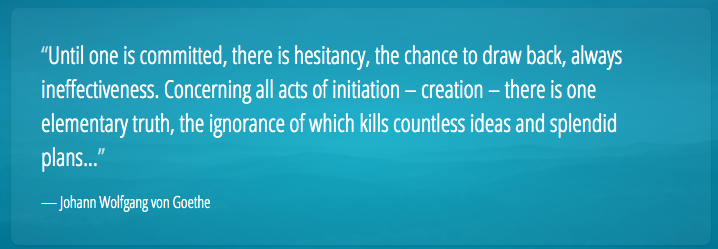
Entrepreneurs have often worked jobs they hate too, and aren’t necessarily born into their entrepreneurial lives. Most have a burning passion which drives them to overcome obstacles which most would simply be a reason to quit for most people.
Entrepreneurial Mind Frame – James Dyson
Inventor James Dyson had the idea of a vacuum cleaner which wouldn’t lose suction. He invented the cyclone vacuum cleaner but had far from an easy ride to success.
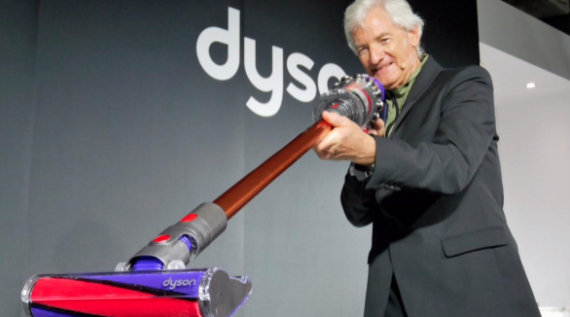
After around 5 years of being supported by his wife and about 5,127 prototypes he launched the G-force cleaner in 1983. Unfortunately no manufacturer or distributor would touch his product. They were concerned about the lucrative industry in vacuum cleaner bags – of which James’s design had none! Dyson launched it in Japan through catalogue sales instead, winning a design award.
Dyson’s breakthrough in the UK market came more than ten years after the initial idea. After a successful campaign in the UK promoting the “bagless” machine proved to be a greater pull than the “no loss of suction” slogan. Hoover also paid damages of £4 million to Dyson for copying his idea as it took off.
Thomas Edison
Thomas Edison is another famous example in which the entrepreneurial mind frame overcame many odd. Edison did not invent the light bulb as it was already an invention. In 1840, British scientist Warren de la Rue developed an efficient light bulb using a coiled platinum filament. However it was expensive and not a commercial success due to the high cost of the platinum.
Early bulbs were either too expensive, used too much electricity or burned out too easily. On November 4, 1879, Edison filed for U.S. patent 223,898 (granted on January 27, 1880) for an electric lamp.
His famous quote is: “I have not failed, I just found 10,000 ways that won’t work”
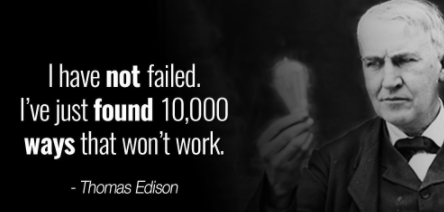
Other Edison quotes are: “To invent, you need a good imagination and a pile of junk.” “I never did a day’s work in my life, it was all fun.” “Hell, there are no rules here – we’re trying to accomplish something.” “One might think that the money value of an invention constitutes its reward to the man who loves his work.
Entrepreneurial Mind frame – Start With Why
In Simon Sinek’s “Start With Why” he draws comparison with The Wright Brothers who sought to be the first to fly, and Samuel Pierpont Langley. Langley was given a $50,000 grant, was a mathematics professor who had worked at Harvard, had the best team and connections with the rich and famous. The Wright brothers had no government grants, no expert team and no high level connections, or qualifications. Yet they were the the first to succeed and on December 17th 1903 manned the first flight.
“Only the Wright brothers started with why” – Simon Sinek
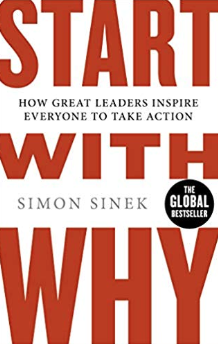
The Entrepreneur Mind
Here’s a list of entrepreneurs from history and alive today. Entrepreneurs often have a different mindset to most people. They have high risk tolerance and are creative and hard working.
They are usually highly motivated and have the ability to be flexible in their work practices according to what needs to be done. Most people are the opposite and lack motivation and are risk averse. Most of this strength comes from a strong belief in themselves and in their abilities to overcome the roadblocks to achieving things others would consider too much hard work or impossible.
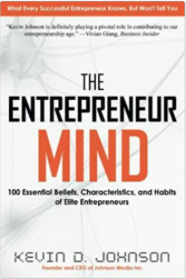
Are You Entrepreneurial?
Want to meet an online business entrepreneur and learn from the experience of an 8 figure business owner? Join Stuart’s webinar here. His mindset change allowed him to escape a job as a mortgage broker and become an full time online entrepreneur. In the live webinar he will explain the main things which he was able to leverage in order to escape a job.
